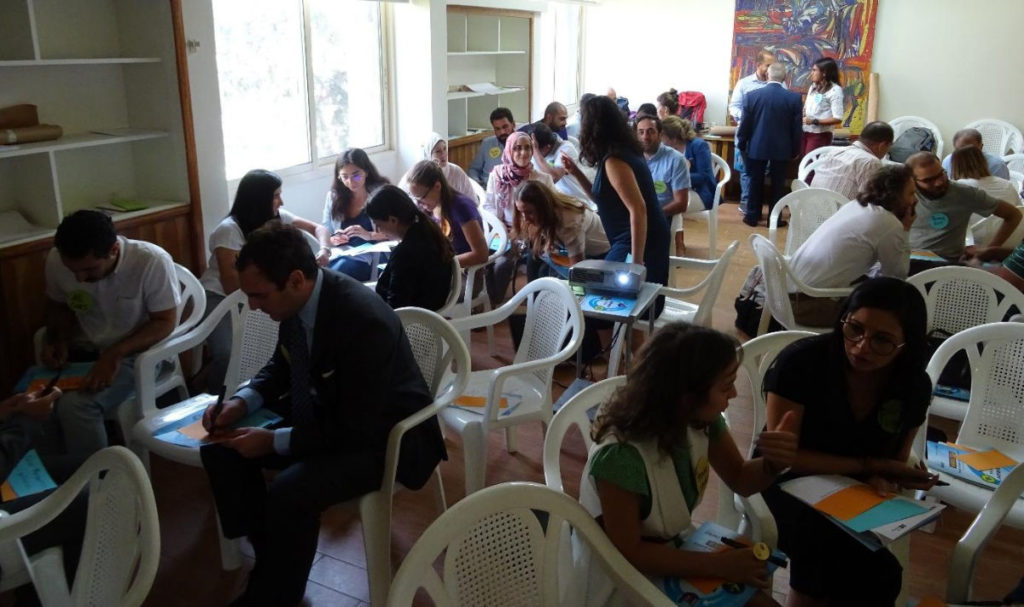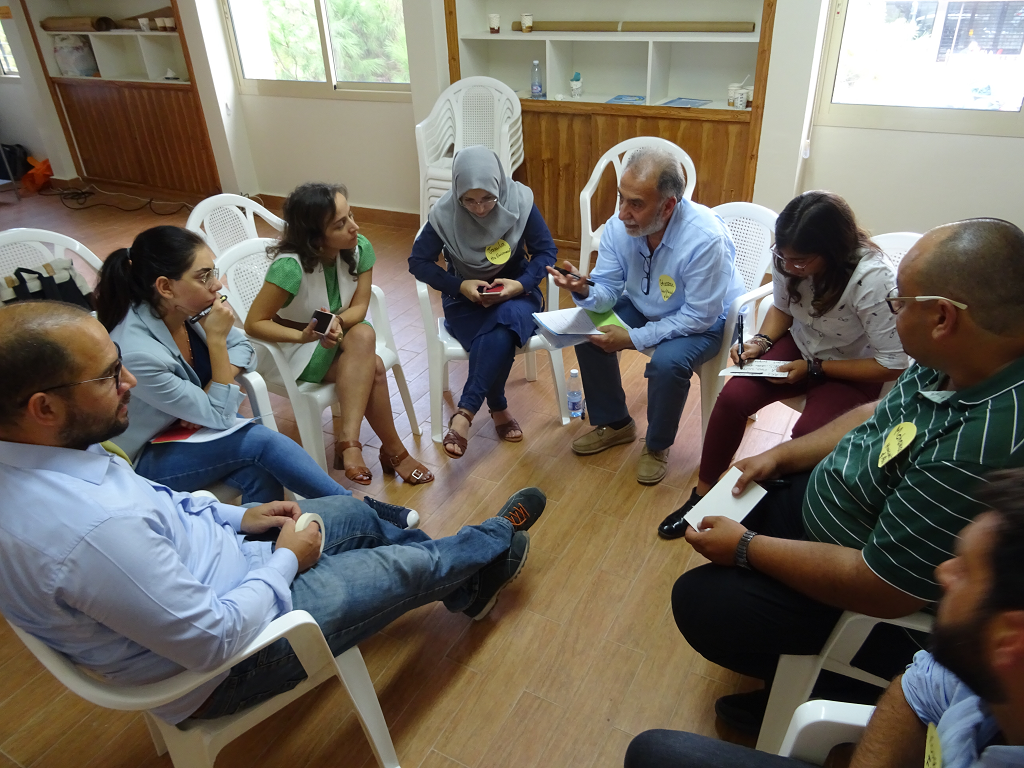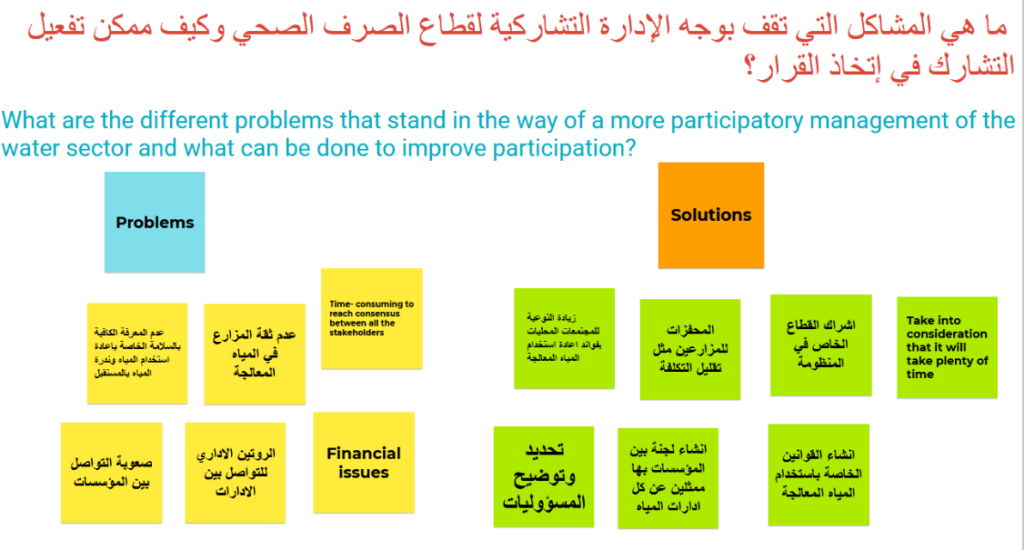Water solutions in Lebanon: who and what is standing in the way?

Lebanon is experiencing several crises: political, economic, and financial, and the water sector is also paying the price.
The country, located at the crossroads of the Mediterranean Basin and the Arab hinterland, is found in one of the most vulnerable places in the world to climate change, but it is human interference that plays the bigger part in water systems’ degradation.
In Lebanon, more than 70 percent of the population faces critical water shortages, aggravated by climate change, water pollution and population growth. In view of such situation,, a variety of public, private and community actors from the water and wastewater sector and Lebanese society, were invited by the ReWater MENA project to investigate one of the solutions to this pressing issue: water-reuse and its potential for agriculture, a sector which consumes around 55 percent to 60 percent of all water in Lebanon.
The first National Learning Alliance meeting, facilitated by The International Water Management Institute (IWMI) in October 2019 discussed a study proposed in the project’s first Steering Committee held back in May: assessing the potential of water reuse in Lebanon . Representatives from the Ministry of Energy and Water, the Ministry of Agriculture, the Ministry of Environment, the four Regional Water Establishments, different municipalities as well as private firms, international agencies and local NGOs identified opportunities and barriers to establishing reuse projects in Lebanon. . . This participatory approach built the foundation of the research. It allowed to gather inputs and viewpoints of different participants, who come from different spheres and scales and helped in gathering data, identifying pilot sites and resource persons to interview.


The research was organized into two components: a technical assessment of reuse potential and a governance study that analyzes the possibility of its materialization in the current administrative and politico-economic context. Based on the wastewater treatment plant database provided by the Ministry of Energy and Water, , the study a developed a sophisticated GIS (Geographic Information System) model that allows integrating a number of data relevant to WWTPs flows and quality, topography, agricultural land use and irrigation requirements to map ‘potential areas’ and ‘reuse potential scores’ to each existing and planned WWTP on the Lebanese territory.
Of the existing or planned WWTPs in Lebanon, the study found that, with the existing volumes of wastewater treated at the time of the study (2020), 48 would have a reasonably high reuse potential score , while if existing WWTPs were fully functional and operated at full capacity, as many as 82 would be in the same bracket. This, in turn, would supplement or substitute water needs in schemes suffering from water shortage, reduce groundwater pumping and alleviate the allocation of freshwater to the agricultural sector.
This technical analysis of the reuse potential is useful for the Lebanese government to plan future agricultural reuse projects at national level. Based on a political-economy analysis of the wastewater sector and a series of stakeholder interviews including local managers and users in eight selected WWTPs, the report also reveals and illustrates multi-level governance factors that impede the materialization of this potential such as the governance model’s incapacity to recover costs of WWTPs operation, top-down and fragmented planning, lack of formal quality regulations and administrative chart for water reuse, and disagreements around treated water allocation mechanisms. In the current economic, financial and political crisis in Lebanon, these barriers have become more entrenched and tend to attenuate the technical potential calculated. There exist feasible water solutions, but serious institutional reforms and collective efforts are much needed in Lebanon in order to overcome such barriers.
